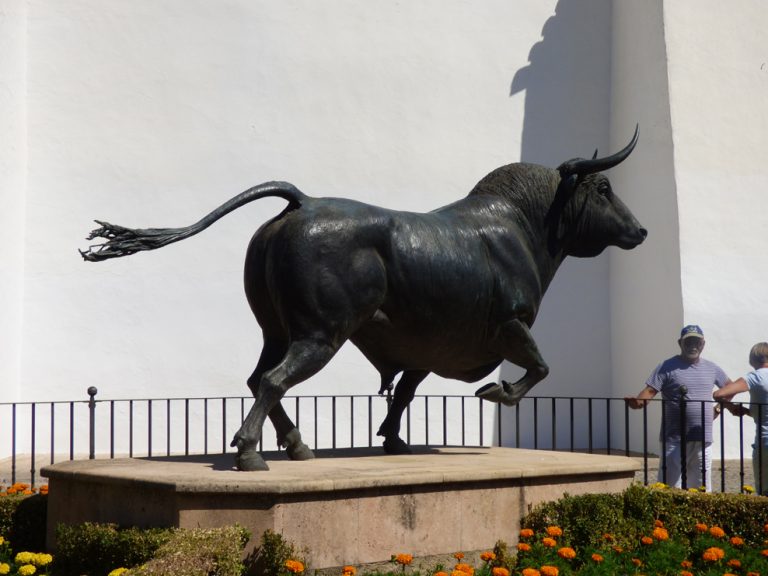Steven Guilbeault, Canada’s Heritage Minister, recently revealed that his country plans to join Australia’s fight against big tech by making platforms like Facebook compensate Canadian news publishers for content.
Canada might model its law on the one proposed in Australia or France’s approach, which had mandated Google to pay French publishers for media content. Guilbeault is not too concerned about Facebook’s retaliatory action against Australia in which the platform blocked users from sharing links to news stories.
“Canada is at the forefront of this battle … we are really among the first group of countries around the world that are doing this… We are working to see which model would be the most appropriate… I suspect that soon we will have five, 10, 15 countries adopting similar rules … is Facebook going to cut ties with Germany, with France?” he said to reporters.
Facebook’s action against Australia ‘highly irresponsible’
In a post published on his Facebook page, Guilbeault called Facebook’s move against Australia “highly irresponsible” and informed that he met with Finnish, French, German, and Australian counterparts to discuss the issue further.

Success
You are now signed up for our newsletter
Success
Check your email to complete sign up
Australian Prime Minister Scott Morrison has taken up the fight against Facebook with international leaders. He has approached Indian Prime Minister Narendra Modi and other leaders to mobilize global support against Facebook’s bullying of elected governments. Though the Indian government does not have any conflict with Facebook, they have some serious Twitter issues.
The microblogging platform has been uncooperative with government requests to block individual accounts promoting violence during a series of protests. It has created a negative perception of social media in general among authorities. As such, Morrison might be betting that India’s discontent against Twitter can be used as part of global pressure on big tech.
In the UK, support to regulate Facebook is mobilizing in the aftermath of blocking news sites in Australia. Julian Knight, chair of the British Parliament’s Digital, Culture, Media and Sport Committee, accused the social media company of acting like a bully. He warned that if Facebook plans to move ahead with such restrictions, it will trigger the same “long-term ire as the likes of big oil and tobacco.”
Henry Faure Walker, Chairman of the News Media Association, warned that Facebook’s assault on Australian news is a perfect example of monopoly power being misused. UK’s Competition Markets Authority has established a Digital Markets Unit to regulate the social media industry.
Facebook seems to have been spooked by the rising global anger against it as the company has returned to discussions with the Australian government to negotiate an agreement.
“The Australian government’s position is very clear; people would know the strong support being provided internationally for Australia’s position… I’m pleased Facebook has decided, it would seem, to tentatively friend us again and get those discussions going again … to ensure that the protections we want to put in place to ensure we have a free and democratic society that is supported by an open news media can continue,” Morrison said in a statement.
Taxing ads
Meanwhile, Maryland is set to become the first state in America to impose a tax on the sale of internet ads, a move that will directly affect big tech like Facebook and Google that make much of their money through online advertisements. The tax can range from 2.5 to 10 percent per ad and based on the value of the ad seller. The new rule will only apply to companies that see more than $100 million per annum.
While some have applauded the move as it will bring additional revenues to the government, others have criticized it as a rather foolish decision. The critics point out that the taxes will be passed on to ad buyers, thereby harming many small businesses that rely on online adverts for promoting their business.
Follow us on Twitter or subscribe to our email list















